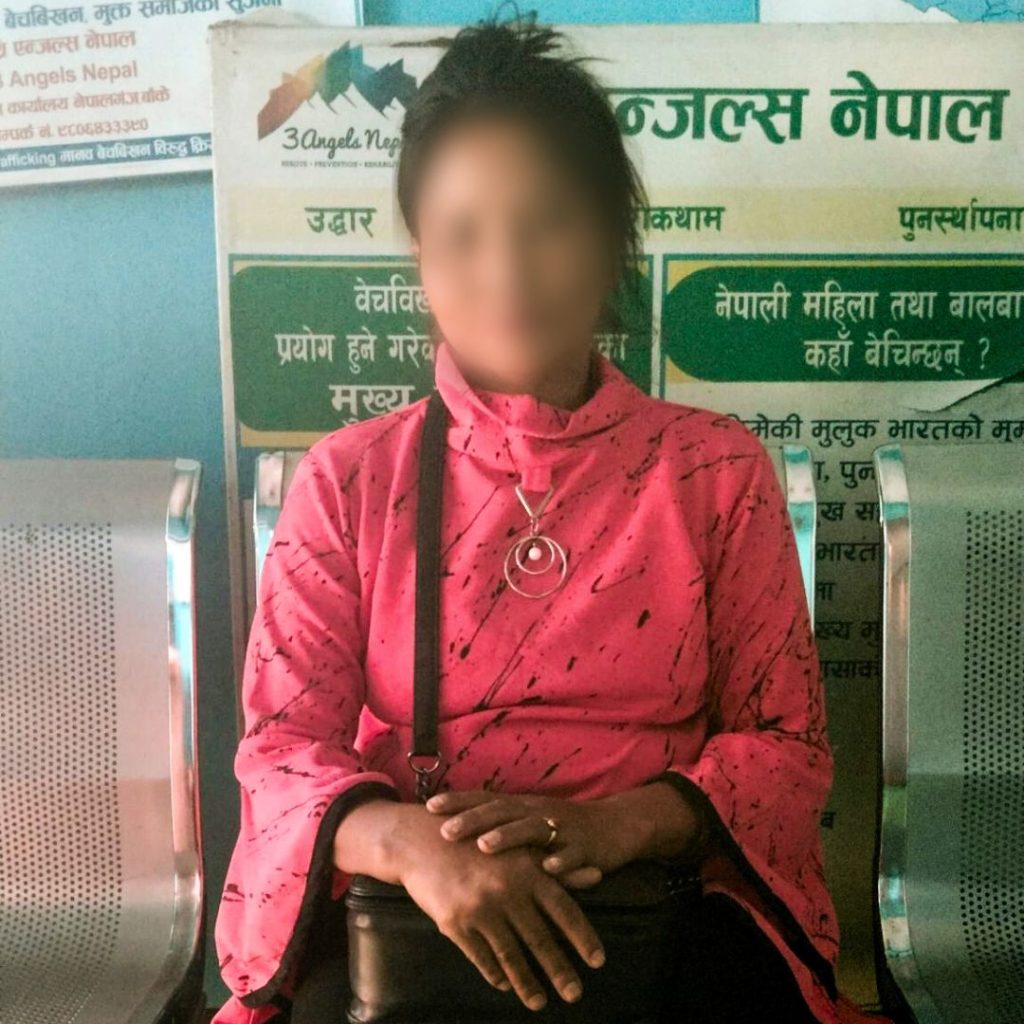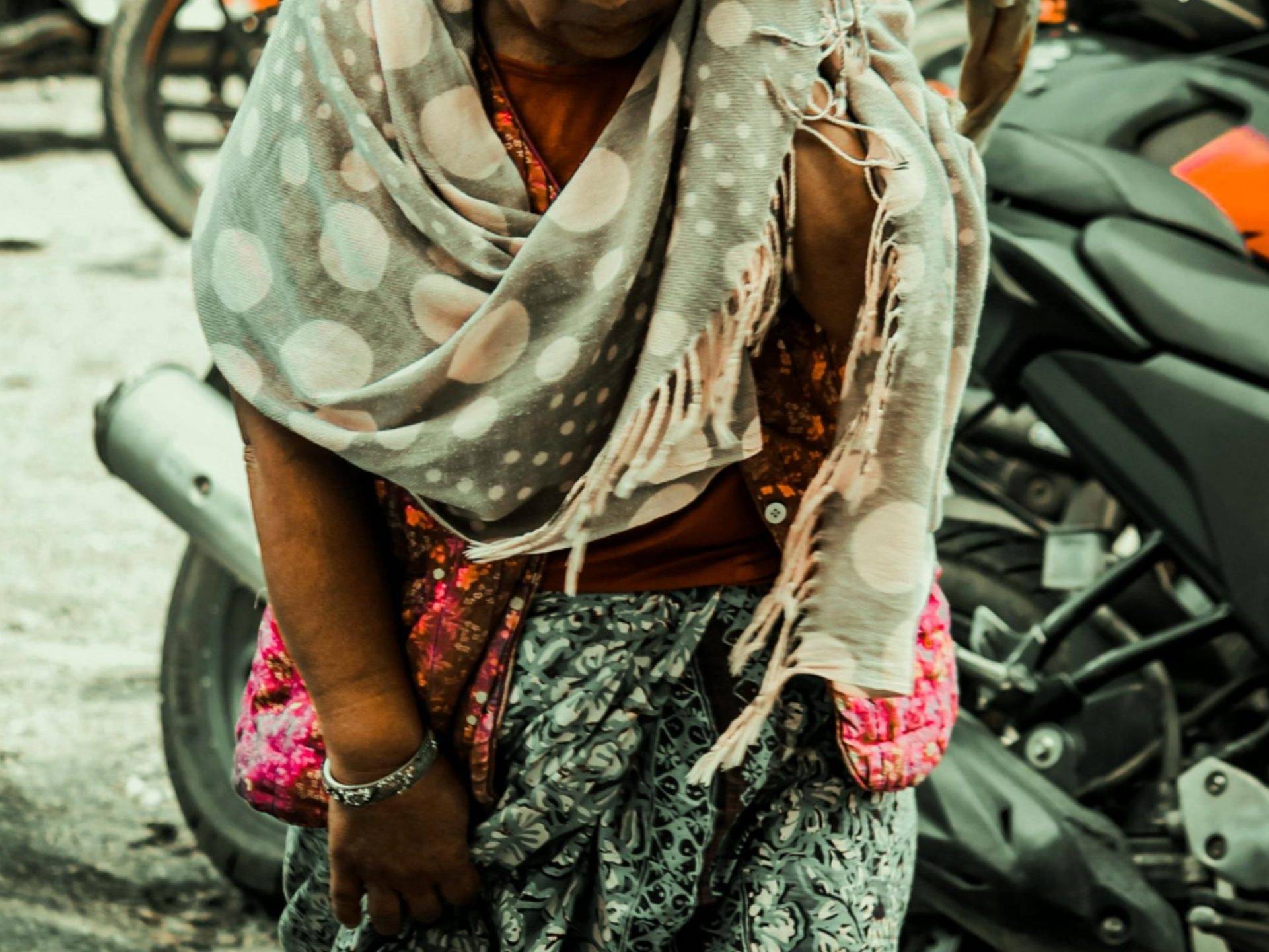Laxmi (31) was born into a family of five with relatively modest means In their community’s standards. Her father worked abroad, while her mother managed the household like a typical Nepali home. When she was a little girl, she was able to go to school with little to no problems, and the same goes with her siblings. However, things changed when she was in third grade. Her father passed away and the little comfort that they experienced turned difficult easily. Families like Laxmi’s are just one medical emergency away from total poverty.
The dynamics in their household changed since her father’s passing. She dropped out of school in third grade to start working and supporting her family, and her mother did the same. Laxmi worked on other people’s farms just so they could secure two meals a day, making her more vulnerable to people who were about to take advantage of her. One day, while working at the farm, village boys grabbed her and raped her. She couldn’t fight back as they outnumbered her. After that, she couldn’t file a report as their community’s culture was cruel towards women: To them, victims of sexual assault are dirty and should be ashamed of themselves. The shame does not only carry on the individual but also to their families—and Laxmi loves her family enough not to “dishonor” them.
As if the assault was not enough, Laxmi felt the symptoms of an illness a little while after the incident. When she got tested, it turned out that she had contracted HIV, and she had passed it on to her mother at some point. Their whole family was distraught, and it felt like the perfect opportunity for Laxmi to tell her mother about what the village boys did to her. The two felt hopeless as they did not know where to seek help in their close-minded village.
Due to old age, Laxmi’s mother suffered from the symptoms worse than her. Laxmi couldn’t just stay and watch her mother suffer so despite having the debilitating illness herself, she sought job opportunities to afford medical care. One day, she saw her aunt and they caught up. The aunt was made known of their situation so she encouraged her to move to India for a well-paying job waiting for her.
The aunt played as if she was the fairy godmother in this story. She took care of the necessary funds and fees for Laxmi’s travel. She instructed her to meet their relative at the border, whom she never met but trusted had her best interest in mind anyway. At the border, our team grew suspicious of Laxmi. We asked her about her travel plans and her story was vague and inconsistent. Her aunt not disclosing all information for her is just a tell-tale sign that she is about to be trafficked. Many victims of human trafficking have regretted trusting their relatives, and this case is very likely similar.
The organization provided crucial education on human trafficking and promptly contacted her family for a reunion the very next day. Laxmi happily made it back home to her loved ones. Right now, we are directing her to other forms of help to help her and her mother with their HIV diagnosis.

Our Partners

Be a Part of the Solution
Together, we can protect more girls and women from the horrors of human trafficking. Your generosity can save lives and provide hope.
Be their lifeline.



